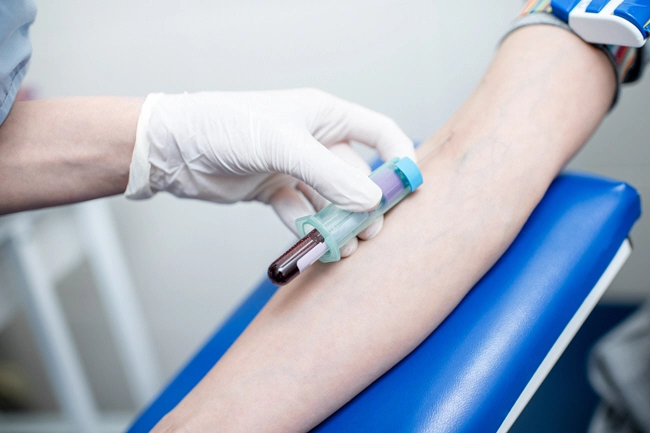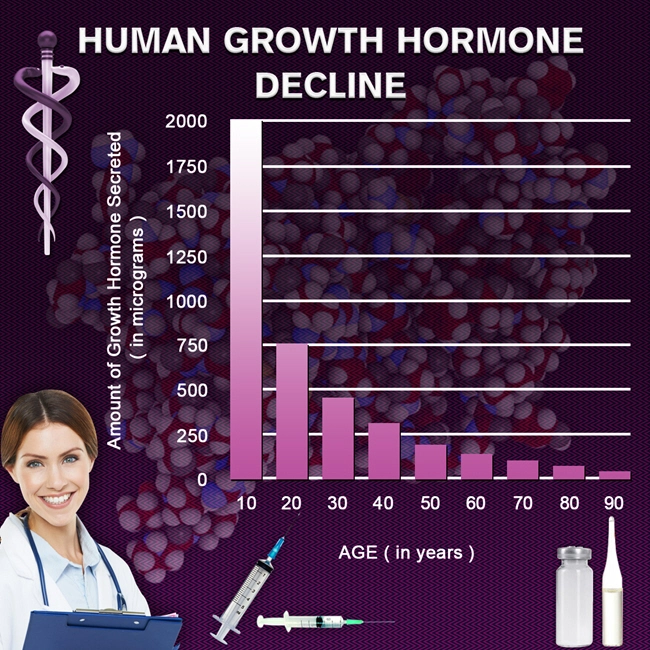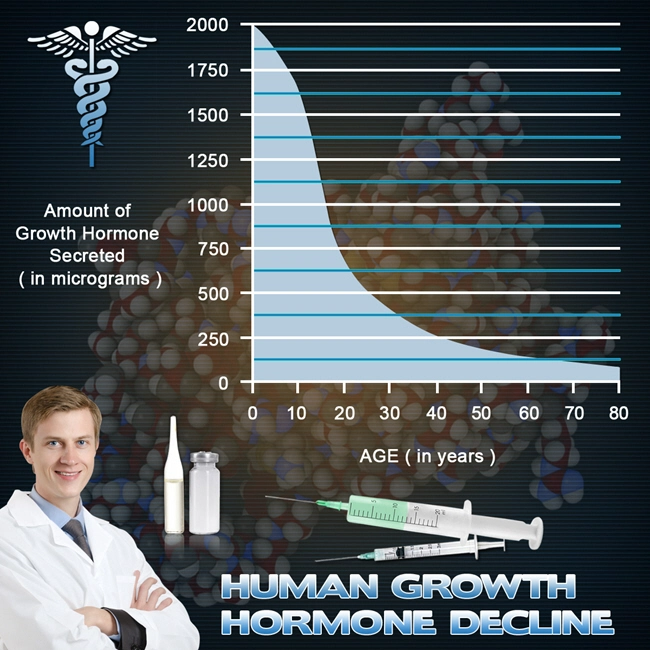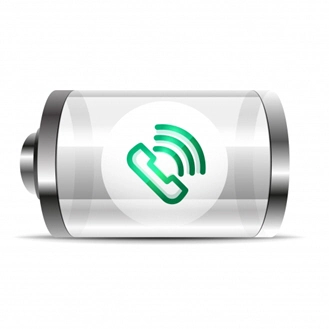
Video Link: https://vimeo.com/252393195
Video Download: Click Here To Download Video
Video Stream: Click Here To Stream Video
Video Link: https://vimeo.com/252393394
Video Download: Click Here To Download Video
Video Stream: Click Here To Stream Video
The benefits of Human Growth Hormone (HGH) Replacement Therapy is inexhaustible: exploding energy, less joint aches, and pains, evaporating brain for, revitalized muscles, better digestion, more comfortable sleep, and a far more optimistic outlook. But there is another benefit that is not discussed but as crucial as all of the other benefits combined: a dramatic lowering of stress.
Here is why HGH can play an invaluable role in controlling the stress monster. When the body is flowing with energy the goals you have become easier to obtain since many doors open up. When you are in the best condition possible you can't help but have an edge over sickly, under-par complainers. When you are living correctly your resilience is stronger than ever, and this leads to a reduction in stress.
In addition to growth hormone replacement therapy, there are several other steps you can take to stop stress from destroying the quality of your life. Let's take a look at these ideas.
You hear the same mantra, over and over again, almost daily and seemingly from everywhere. Stress kills. We're chronically overstressed.
We must deal with  and reduce stress. It's true that excessive pressure causes a plethora of problems that are harmful to both our minds and bodies.
and reduce stress. It's true that excessive pressure causes a plethora of problems that are harmful to both our minds and bodies.
And it's also true that in today's 24/7 connected, rapidly changing, shrinking, crisis-filled world, we are subjected to a constant bombardment of “stressors” (circumstances that are stressful).
Also, there has never been a time in recorded history where stress just seems to be increasing, at a maddening pace, without a break.
However, remember this: stress is a natural, physiological response that is important, and at times helpful, in spite of the issues it causes when we experience stress in abundance.
Also, the most significant problem with stress isn’t necessarily the source of stress, but rather how you deal with it. Let’s take a look at why we experience it, how it benefits us, and how it can harm us.
Stress is complicated. It’s not only a subjective feeling...it also represents the physiological way our bodies respond to stressors.
Although physical and psychological stress may seem very different on the outside, our bodies react to them in the same way.
What is Stress?
Stress is a feeling that you get when you consciously or subconsciously feel you can't meet obligations and expectations. It’s a vague, insidious feeling you get when something inside of you tells you that you can’t complete what you need to.
Stress Comes in Many Forms
There are several different types of stress. Some unfortunate souls experience chronic stress, meaning they are so overwhelmed by such feelings that they are left drained, both mentally and physically.
 Sometimes, stress is episodic, meaning that it comes and goes as a result of specific psychological, social, or physiological triggers. Chronic stress is also a problem that some people experience.
Sometimes, stress is episodic, meaning that it comes and goes as a result of specific psychological, social, or physiological triggers. Chronic stress is also a problem that some people experience.
Chronic stress is when things that elicit a stress response have a more substantial effect on an individual than usual.
Everyone handles stress differently, and everyone has different stressors. Stress is categorized into two forms: Extrinsic and Intrinsic stress.
Extrinsic stress is the result of factors outside of yourself, like when you have a big project or presentation due at work, or you’re flirting with someone that you’re attracted to, or you're stuck in a traffic jam.
Intrinsic stress is stress that is the result of things going on inside your brain. Perhaps you’ve built walls inside yourself that you have to overcome to be social, for example.
Or may be you find yourself questioning your self-worth, or have issues with doubt and self-confidence. These are forms of intrinsic stress.
Stress represents physiological changes that are going on inside your body in an attempt to help you deal with stressors. These changes are associated with 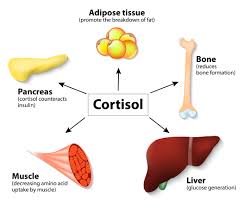 what is known as the fight-or-flight response.
what is known as the fight-or-flight response.
When you feel stress, your sympathetic nervous system kicks in. The sympathetic nervous system gets your body ready to deal with immediate issues, whether you are risking life and limb, or feel anxiety about an upcoming exam.
The result is a release of cortisol, the so-called “stress hormone.”
When you feel stressed, your body reacts in a system-wide manner. When stress activates the sympathetic nervous system, your body experiences a flood of Hormone and Neurological responses, all designed to help you deal with a stressful situation.
What are the Phases of Stress Response?
The Stress response can be divided into three different phases:
Phase One: Alarm
The first response to stress is an alarm. An alarm is the body's response to a perceived threat, which initially activates the sympathetic nervous system response.
During this alarm phase, the brain flashes signals to systems throughout the body to go on red alert. This reaction is mediated by the Hypothalamus gland, which is considered the control center of the brain.
An essential part of the alarm phase is the activation of the adrenal glands, which produce cortisol and other stress hormones.
As these signals race through the body, they cause a wide array of changes. For starters, stress primes your circulatory system to send oxygen racing to the skeletal muscles and brain and speeds up the lungs and heart.
At the same time, your body’s baseline functions, such as digestion, slow down to a crawl. This is how your body gets you out of a threatening situation, temporarily sacrificing your normal function to get you out of harm’s way, or prepare you to swing into action.
Your body also sends energy in the form of glucose to these organs, getting you ready to "rock and rumble," if it comes to that.
However, There's a Problem
With the way the body prepares for stress, there isn’t a mechanism for the brain to differentiate between different forms of stress, whether that stress is nothing dangerous or life-threatening, minor or significant.
Stress developed as an evolutionary response, and it is present in all complex animals. The fact that physical and emotional stress is handled in the same way by the body is a holdover from our ancestors.
 The problem with this? Quite simple. Our ancestors needed a gigantic release of cortisol to flood their bodies to either get lunch or avoid being lunch.
The problem with this? Quite simple. Our ancestors needed a gigantic release of cortisol to flood their bodies to either get lunch or avoid being lunch.
No matter what, the stressful situation was over very quickly. That's how we evolved over millions of years.
Contrast that with today. In the lives of most people, if it's not one thing, it's something else — an obnoxious boss or co-worker...a traffic jam...the deafening noise level of the city...the chronic lack of sleep, since there seems to be more and more to do with less and less time.
The stress is nearly continuous. This IS NOT how we evolved, and this is why stress is so debilitating.
Phase Two: Resistance
The second phase of stress is resistance. During this period, your body has prepared itself for action, giving you the tools needed to respond to stress. Your brain has altered your physiological priorities for action.
During the resistance phase, the Hypothalamus initiates another hormone cascade designed to amplify and ramp up your response to stress even further.
Now, the Hypothalamus secretes three crucial hormones: Thyrotrophic-Releasing Hormone, Growth Hormone-Releasing Hormone, and Corticotrophin-Releasing Hormone.
This phase of the stress response is designed to keep your body adapted to continuous pressure.
This second phase heightens the body’s readiness in a variety of 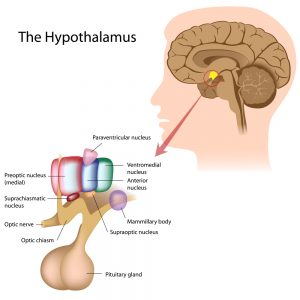 ways, all intended to protect you in a dangerous, high-pressure situation.
ways, all intended to protect you in a dangerous, high-pressure situation.
For instance, the body starts catabolizing proteins and fatty acids into glucose, which zooms energy to your muscles, even if there's no carbohydrate energy immediately available.
Additionally, during this phase, the body increases salt and water retention to protect you from bleeding or severe injury.
Still another aspect of the stress response is that the brain suppresses sensations of pain so that you can make it through a stressful situation alive and in one piece.
This is why after a fight or a car crash, you will likely underestimate your pain levels until the next day....then, KA-BOOM, as the cascade of aches and pains descends like the waterfall from hell.
Remember, these changes are designed to keep us alive and to help us win fights or run away. However, we also respond to stress in a myriad of situations that are far more benign.
Phase Three: Exhaustive
The third stage of stress is exhaustive. This is the body’s response to prolonged, continual bouts of stress or chronic stress, which are different than stress which can be dealt with quickly.
It is this form of stress which can be most damaging since the body functions best when it only activates sympathetic response when needed, rather than leaving stress on all the time.
Exhaustive Stress is the result of drawn-out periods of excessively high pressure and alertness which inhibit health and wellness.
Exhaustive Stress will eventually lead to a condition known as Adrenal Fatigue, in which the body cannot produce enough stress hormones, and this also drains the body of the resources necessary to produce other hormones such as Human Growth Hormone (HGH) and testosterone which are associated with a healthy and optimal function.
 Exhaustive Stress can be divided into two categories. Some people experience this form of stress for an explicit reason.
Exhaustive Stress can be divided into two categories. Some people experience this form of stress for an explicit reason.
For example, military personnel can experience Exhaustive Stress as a result of long-term high-stakes situations which necessitate peak performance.
The second category belongs to ordinary people that experience exhaustive levels of stress due to their body’s chronic over-response to everyday stressors or psychological stress.
For example, individuals with PTSD or high levels of anxiety can be so on edge that their bodies spend an overwhelming amount of time in a stress phase, putting undue pressure on the body.
Also, many people experience exhaustive stress as a result of issues such as chronic pain. Stress is not only psychological, but physical, and the body responds to physical pain with a sympathetic stress response.
Exhaustive Stress is Bad, Bad News
Exhaustive Stress weakens the immune system, as the stress response is designed to protect one against immediate threats, not persistent threats that seem to go on and on.
The catabolic processes which create energy from protein also eat away at muscle tissue, depleting strength and reducing energy levels over time. The body also loses its ability to produce sufficient hormones, which can leave you more susceptible to pain over time.
Exhaustive stress is dangerous and significantly increases mortality risk from a variety of sources if not dealt with appropriately...by crushing it, dead in its tracks.
However, It's Not All Bad News
Although excessive stress is, of course, dreadful, experiencing just the right level can be exceedingly beneficial, which explains why human beings still experience it.
Stress is designed to be a temporary response to get you into the game.
It gets your body and mind ready to take action.
If you don’t experience any stress, you aren’t willing to do what you need to do. But too much stress means that you lose the beneficial effects of stress and only experience its negative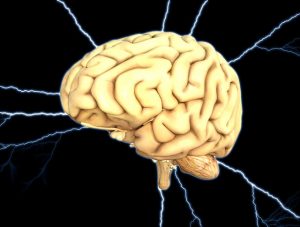 aspects.
aspects.
Of course, psychological stress is more complicated than was described in this article, but this provides a broad outline of how stress works.
There are many different types of stressors, and different people obviously get stressed about different things.
For example, some people experience stress as a result of challenging tasks, whereas others experience stress as a result of simpler, more repetitive tasks.
And some handle major, life-altering situations calmly, yet explode over burnt toast.
Stress is not Always Tangible
As a result of both the complexities of modern life and the complexities of the human mind, not all stress is the product of events in our day-to-day lives.
Humans have a unique internal dialog, with personal hopes and dreams, and our stress can be the result of seeing things as we think they are, not as they really are.
This is one of the reasons why human beings are so susceptible to stress, and our culture has evolved in a way that can potentially cause our natural, evolutionary response to stress to work against us.
How to Handle Stress
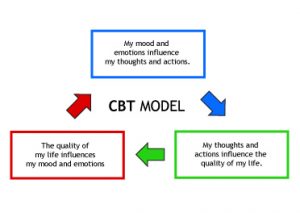 Part of learning to deal with stress is learning its causes, and how our bodies and minds respond to stress as a single unit.
Part of learning to deal with stress is learning its causes, and how our bodies and minds respond to stress as a single unit.
Many patients can learn to deal with stress through cognitive behavioral therapy (CBT). CBT is, according to many, the most potent, effective means of treatment available.
To sum up CBT, it differs from regular therapy by concentrating on your wrong thoughts, not your feelings, like conventional treatment. The theory is simple. Change your ideas, and your feelings improve.
Keep thinking in a wrong, self-destructive manner, and your feelings will not improve. CBT does not “put the cart in front of the horse.” Instead, it gets right to the root of your problems.
Others benefit from physical activities that relieve stress such as exercise, Chi Kung, Tai Chi, or yoga.
Because the body and mind both respond to physiological stress response, taking steps to relax the body can relax the mind.
The reverse is also true, which is why meditation and CBT can also relieve symptoms of physical stress.
Finally, don't neglect supplements that have been shown to reduce stress. L-Theanine, melatonin, magnesium, phosphatidylserine, B-vitamins, and gamma-aminobutyric acid (GABA) are all recommended, as well as tea.
Hormone Imbalance also both contributes to stress and is a side effect of Adrenal Fatigue and Exhaustive Stress (which, in many ways, are one and the same). Excess physical and psychological stress causes the body to favor hormones that benefit the individual immediately, while limiting the body’s ability to produce hormones associated with homeostasis and balance, such as Growth Hormone and Testosterone.
Long-term, extreme stress drains the body’s ability to efficiently deliver all of these hormones, leaving the patient in an even more pathetic, weakened condition, both physically and mentally.
Manage Stress to Improve Health and Wellness
Controlling stress is one of the critical factors of living a healthy life.
If you are having trouble with this monster, and your efforts aren’t enough, it would benefit you to get some help.
benefit you to get some help.
There’s no reason to let yourself be eaten alive by stress when there are things you can do, and people you can talk to that can help you.
You're the boss...be the boss! Learn to master your stress for a happier and healthier life.
Remember this mantra: Growth Hormone and correct living slashes stress!
Contact us for a FREE, no-obligation discussion concerning what HGH replacement can do for you.
References
The empirical status of cognitive-behavioral therapy: A review of meta-analyses
Controlling work stress: Effective human resource and management strategies.
What are the stages of stress?
Contact Us Today For A Free Consultation
Dear Patient,
Once you have completing the above contact form, for security purposes and confirmation, please confirm your information by calling us.
Please call now: 1-800-380-5339.
Welcoming You To Our Clinic, Professor Tom Henderson.

- Why Do Women Develop Alzheimer’s and Cognitive Decline More Than Men? Hormones Might Be the Reason [Last Updated On: July 29th, 2024] [Originally Added On: May 10th, 2021]
- Testosterone Replacement Therapy Boosts Memory! [Last Updated On: June 7th, 2024] [Originally Added On: September 13th, 2021]
- Hormone Replacement and Brain Injury [Last Updated On: March 15th, 2025] [Originally Added On: October 14th, 2021]
- Matching Sex Drives Are Important to a Healthy Relationship [Last Updated On: July 2nd, 2024] [Originally Added On: November 23rd, 2022]
